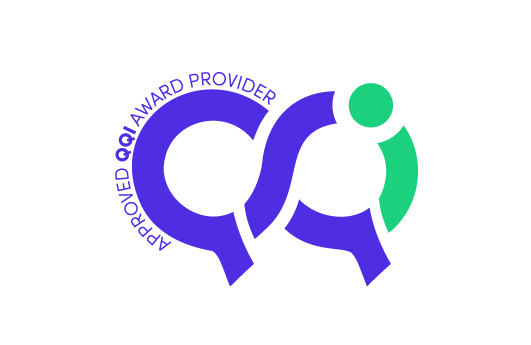Search The Open College Study Hub
The Open College has agreed its quality assurance procedures with QQI and is registered with QQI to offer programmes leading to QQI (Quality & Qualifications Ireland) awards. This official recognition authorises The Open College to offer programmes leading to QQI awards within the National Framework of Qualifications in Ireland.
QQI is the national awarding body for further education and training in Ireland. More Info on QQI»
As the national awarding body for further education and training in Ireland, the QQI gives people the opportunity to gain Internationally Recognised Awards for their learning.
QQI is responsible for the external quality assurance of further and higher education and training (including English language provision) and validates programmes and makes awards for certain providers in these sectors.
QQI External Monitoring Reports:
QQI (previously FETAC) complete regular monitoring audits to ensure that all providers adhere to the quality standards. The QQI monitoring process consists of desk monitoring, site visits and reporting on the effectiveness of providers’ quality systems with follow up and reviews.
The process involves a review of the provider’s quality system and identifies good practice and areas for improvements as appropriate. A standard monitoring report is completed by the monitor and when complete is published on the QQI website.
These reports are invaluable in assisting learners in choosing a course provider. The Open College advises all learners to read these reports before choosing a provider.
QQI have completed many monitoring exercises of The Open College’s assessment procedures during Certification periods. Following these reviews, The Open College were commended by QQI on ‘Quality assurance of authentication of assessment is effective with minor areas for improvement’ also commended our ‘good practice’ & ‘reporting is to a very high standard’.
Certification:
The Open College provides courses that lead to Certification by Ireland’s national awarding body for further education – QQI (Quality & Qualifications Ireland).
Learner Outcomes
Up to quite recently, the traditional way of teaching was based on what is called a teacher – centred approach where teachers/lecturers decided on the course content, how they planned to teach this content and then went on to assess the content.
One of the perceived drawbacks of this system was the difficulty to state exactly what the student had to be able to do in order to pass.
In recent years there has been a shift from this ‘teacher – centred’ approach to a ‘student-centred’ approach. With this latter system the focus is on what the student can expect to be able to do at the end of a particular module/ lesson or programme. This approach is now commonly referred to as an outcome-based approach and the learning outcomes are used to express what it is expected that a student should be able to do at the end of the learning period.
In summary, teacher-centred approaches place the emphasis on the teacher while outcome-based approaches place the emphasis on the student.
We have adopted the outcome-based approach as a integral part of our mission to contribute to the achievement of learners in as an efficient manner as possible for all our QQI approved courses.
Our Definition of Learning Outcomes
Learning outcomes are statements of what a student is expected to know, understand and/or be able to demonstrate after completion of a process, (module/lesson or course/programme) of learning.
Therefore, when you enrol for a course or programme of study with The Open College you will find that there is a written statement of the learning outcomes for each module/lesson of the entire QQI accredited course/programme.
These learning outcomes will state what the student will be able to do or demonstrate and they are written at the beginning of each module/lesson in simple and unambiguous terms so that they are clearly understood by students, teachers, lecturers, colleagues, employers and external examiners.
Learning outcomes specify the essential learning for a module/lesson and whenever possible the minimum accepted standard is specified that a student must achieve to pass the module/lesson or course/programme.
This is why there is a small number of important learning outcomes rather than a large number of superficial ones that are capable of being validly assessed.
There is a difference between (module/lesson, course/programme) aims, objectives and learning outcomes.
The aim is usually a broad general statement of the teaching intention – on what the teacher intends to cover in a period of learning.
The objective is generally a statement of teacher intent – on what specific areas the teacher intends to cover in a defined period of learning.
Both of these tend to concentrate on the intent of the teacher and are therefore rather limiting in this regard.
Learning outcomes, on the other hand are clear statements on what the student is expected to achieve and how the student is expected to demonstrate that achievement.
They are therefore, of themselves more precise, easier to compose and far clearer than general objectives.
The Open College is committed to practical, easily understood learning outcomes for its entire range of course/programmes and has agreed it quality assurance procedures with QQI to enable us to offer recognised awards on the National Framework.

